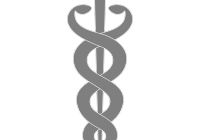Highlights of the BMC-series: July 2012
July has been a fantastic month for the BMC-series! The sun has finally shone on our London offices after weeks of rain, we have our first video highlight, Darwin the puppy made two appearances on the BMC Genetics homepage (see more below) and we published the following great articles. Oh and there’s some sporting event… Read more »
